When robocab start-up Cruise was involved in a near-fatal pedestrian crash in California last October, many observers wondered whether that would deliver an even more deadly hit to the quest for fully self-driving vehicles. But while GM-owned Cruise has been struggling, its chief rival, Alphabet’s Waymo, is moving forward. And it just won approval from California regulators to expand its base of operations in the state.
The California Public Utilities Commission has given Waymo the go to start operating robocabs in San Mateo County, in the densely populated San Francisco suburbs. Perhaps more importantly, the robocab company will now start serving customers in and around Los Angeles – though Waymo hasn’t yet laid out a timetable to start up in those new communities.
The go-ahead comes at a time when there’ve been serious questions asked about autonomous driving technology. It’s come under particularly close scrutiny since a October 2023 crash in San Francisco involving Waymo’s chief rival, the General Motors-owned Cruise. A pedestrian was hit by a hit-and-run driver and tossed in front of a Cruise vehicle. The robocab initially stopped but then, after a brief pause, started moving again, dragging the victim with it.
CPUC regulators subsequently pulled the company’s operating permit and have given no indication if or when Cruise could get it back.
In the lead
Initially launched as part of Google, Waymo was subsequently spun off and now operates as part of the tech giant’s parent Alphabet.
Waymo has been testing its autonomous ride-sharing service in San Francisco area since 2018. Initially, all vehicles had back-up “operators” onboard, ready to take control in an emergency. It’s now fielding completely driverless vehicle and has won approval to charge customers for taking rides.
At one point, the start-up faced an assortment of competitors, including Uber and Lyft. The latter two ride-sharing services have abandoned their own efforts to develop driverless technology, however, stating they would eventually license such systems. Cruise had been seen as the primary remaining competitor in the U.S., though other companies are working on similar technology in China, Europe and other parts of the world.
More Autonomous Vehicle News
- Farewell Titan: Apple Finally Abandons its Autonomous EV Program
- GM and Cruise Preparing to Resume Robotaxi Fleet Operations
- Chrysler Halcyon Concept Leans into “Fully Electric Tomorrow”
“An incremental approach”
The CPUC approved Waymo’s expansion plans after reviewing 81 letters supporting the move and just five expressing opposition. The City of San Francisco itself has grown increasingly skeptical, citing a variety of issues involving driverless vehicles issues.
San Mateo County Supervisor Dave Canepa told local TV station KTVU he felt “This was an irresponsible decision by the PUC.”
But Waymo also has built support from groups like Mothers Against Drunk Driving that feel it can help take intoxicated drivers off the road. Advocacy groups for the blind and disabled also expressed support.
In a statement, Waymo welcomed the CPUC decision, stating that it will “take a careful and incremental approach to expansion by continuing to work closely with city officials, local communities and our partners to ensure we’re offering a service that’s safe, accessible and valuable to our riders.”
Cruise isn’t out for the count
Following last October’s crash, Cruise was stripped of it operating permit in California and said it would halt operations in other test communities. The company subsequently saw the departure of several top executives, along with a major cut in its workforce. It has since hired a chief safety officer.
GM has slashed the value of Cruise since then “by more than half,” according to Reuters, though it hasn’t revealed its current valuation. The automaker isn’t the only one hurt. Other major investors in Cruise include Microsoft and Honda.
Late last month Cruise announced plans to resume robocab operations – though it didn’t say where. And it is unclear whether California regulators would consider approving a renewed permit anytime soon. The company has just indicated it will restart in select communities.

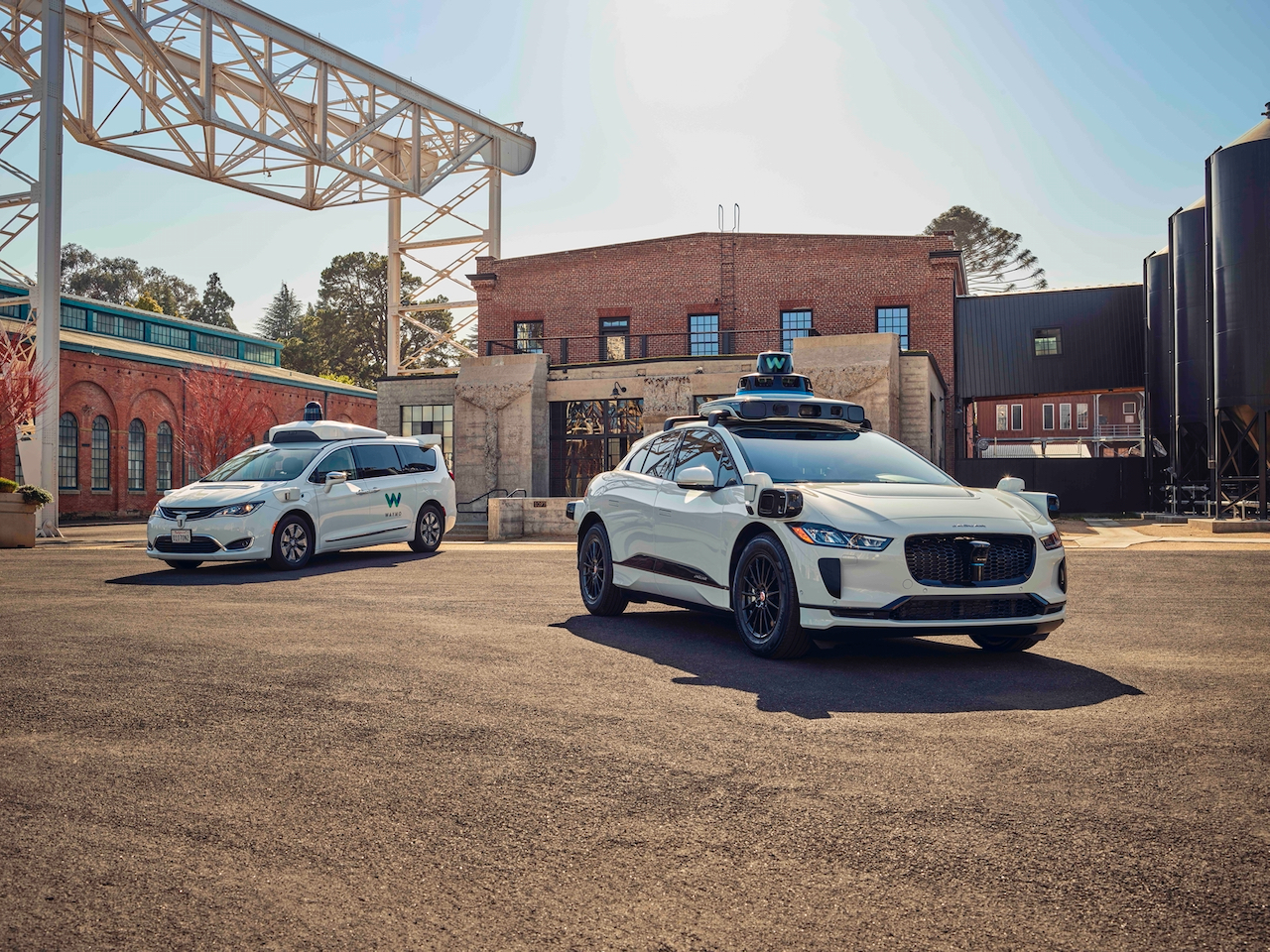

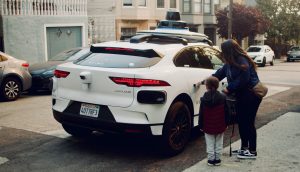
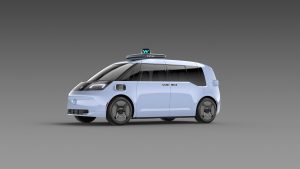
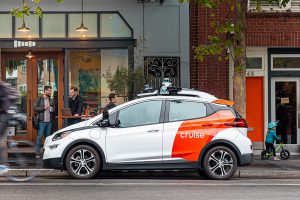

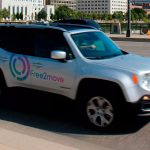
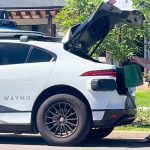
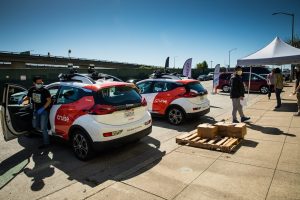



0 Comments